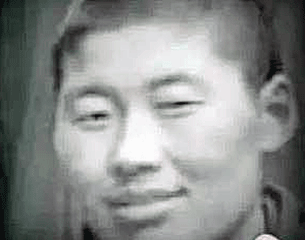

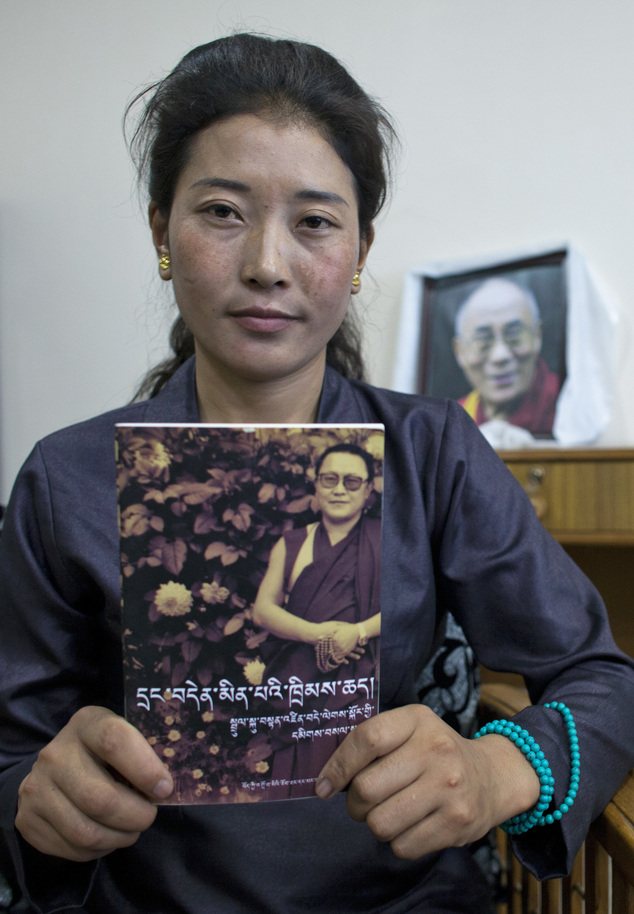

Trulku Tenzin Delek Rinpoche was a popular and revered reincarnate lama who died in prison serving life imprisonment. He was in his 13th year of imprisonment when he died on 12 July 2015 at Chuandong Prison in Dazhu County in Chengdu, capital of Sichuan Province. Despite sustained and widespread appeal from the international community, Chinese authorities have failed to launch an investigation into Rinpoche’s death. No death certificate has been issued yet. Chinese state media claimed that he died of heart attack in the Dazhu County People’s Hospital near the prison.
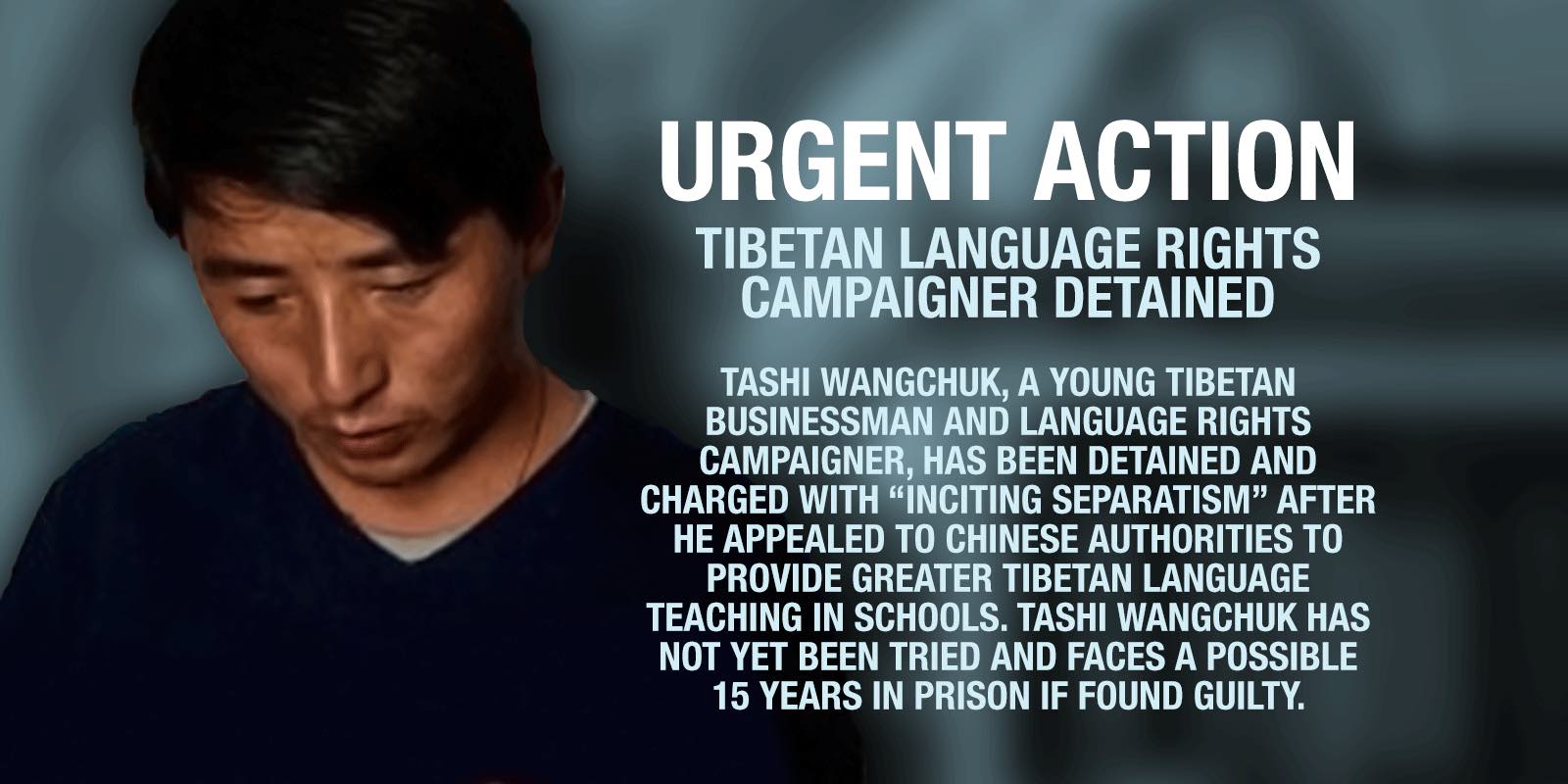

The Tibetan Centre for Human Rights and Democracy (TCHRD) is concerned about the condition and whereabouts of Tashi Wangchuk, an advocate for Tibetan culture and language, who has been detained by Chinese authorities for over five months now in Kyegudo (Ch: Yushu) Tibetan Autonomous Prefecture, Qinghai Province, in the Tibetan province of Kham. There is no information about whether he had been given access to due legal process or if any trial had been held.
Tashi Wangchuk was arbitrarily detained on 27 January 2016 more than a month after an interview of him appeared in the New York Times on his efforts to file a lawsuit against the Chinese authorities for their failure to protect and promote Tibetan culture and language. Due to enormous attention generated by international media outlets, the Chinese authorities informed Tashi’s family about his arrest on 24 March, almost two months after his actual arrest. But his family members were not allowed to meet him and his whereabouts remained unknown for a long time. When the New York Times called the local police authorities about Tashi Wangchuk, an officer with surname Zhang replied that the Chinese state security agency was working on the case without giving any details.
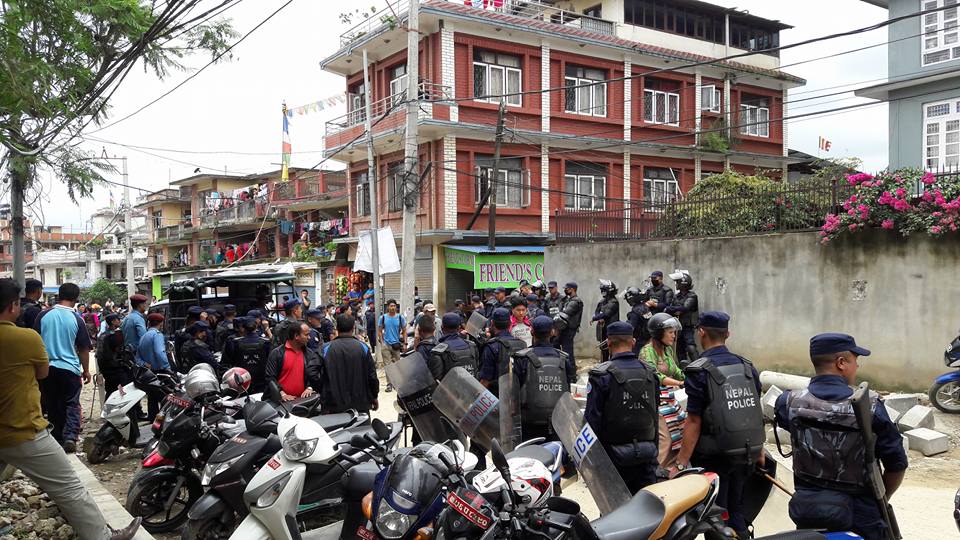
 The Tibetan Centre for Human Rights and Democracy (TCHRD) condemns the detention of Tibetan Buddhist believers and disruption of the 81st birthday celebration of the Tibetan spiritual leader His Holiness the Dalai Lama on 6 July 2016 at Srongtsen Bhrikuti Tibetan School located at Boudhanath area in Kathmandu, Nepal.
The Tibetan Centre for Human Rights and Democracy (TCHRD) condemns the detention of Tibetan Buddhist believers and disruption of the 81st birthday celebration of the Tibetan spiritual leader His Holiness the Dalai Lama on 6 July 2016 at Srongtsen Bhrikuti Tibetan School located at Boudhanath area in Kathmandu, Nepal.
The Kathmandu-based NGO Human Rights Organisation Nepal (HURON) informed TCHRD that the local police detained 30 people including 28 Tibetans on the morning of 6 July for participating in the religious event to celebrate His Holiness the Dalai Lama’s birthday. Nine Tibetans were arrested around 11 am at Srongtsen School and an additional 19 were arrested outside the school, and then taken to Mahindra Police Club. Around 5 pm, the 30 detainees were released and handed over to HURON.


The Tibetan Centre for Human Rights and Democracy (TCHRD) expresses shock and condemnation over the detention and hospitalisation of the critically acclaimed and award-winning Tibetan director, writer and producer Pema Tseden at Xining airport in Qinghai Province. Local Chinese authorities used excessive force and violence to detain and interrogate Pema Tseden using the infamous ‘Tiger Chair’ (老虎凳) method and without informing his family members.
According to media reports, Pema Tseden flew in from Beijing to Xining on the night of 25 June when he was detained at the baggage claim area of Xining airport. While on his way out of the airport, he had gone back to retrieve a luggage he had forgotten. In the process of retrieving the luggage, an altercation ensued between Pema Tseden and the airport security officers, which led to the arrival of additional security personnel who then handcuffed and detained Pema Tseden without any explanation. The Xining Airport Public Security Bureau (PSB) charged Pema Tseden of ‘disturbing public order’ and punished him to five days “administrative detention” before taking him to an administrative detention facility in Tsongkha (Ch: Ping’An) town in Tsoshar (Ch: Haidong) city. While in detention, he suffered dizziness, chest tightness, and numbness of limbs, and was later taken for emergency treatment in a hospital in Ping’An.
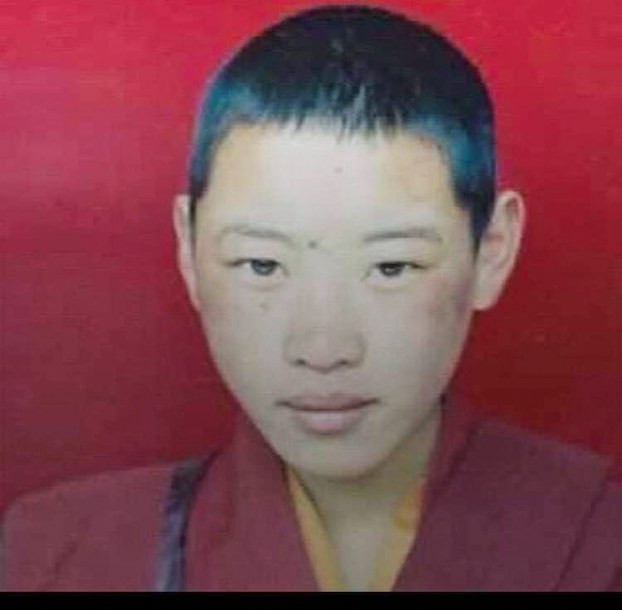

A 25 yr-old Tibetan nun disappeared after her arbitrary detention by Chinese security forces during the 2008 uprising in Tibet.
Yeshi Lhakdron, a nun from Dragkar Nunnery went missing after her detention along with two other nuns eight years ago in Kardze (Ch: Ganzi) County in Kardze Tibetan Autonomous Prefecture, Sichuan Province, in Tibetan province of Kham. The two other nuns are identified as Sangay Lhamo and Tsewang Khando from the same nunnery. Both nuns were sentenced to two years each and were released after completing their prison terms.

The Tibetan Centre for Human Rights and Democracy (TCHRD) organised a two-day roundtable discussion among 40 Tibetan researchers, educators, legal experts, NGO workers, independent activists, university students, as well as monks and nuns on 23 and 24 June in Dharamsala, India. The two-day event called ‘Reflections on the 2016 Tibetan Election: Roundtable Discussions on Improving Tibetan Democracy’ largely focused on…


In March this year, a 30-yr-old Tibetan man called Tashi took his own life soon after his detention because he was unable to bear the torture inflicted on him in Chinese police custody. The same month, another Tibetan man named Ngodup Phuntsok aka Ngoe-ga, 61, was released from prison after eight years with crippled back and legs, unable to walk. Weeks before Ngoe-ga’s release, news surfaced that Chinese prison authorities had suddenly hospitalised the courageous monk Jigme Gyatso aka Jigme Guri just six months prior to his release. Jigme Gyatso was serving a five-year sentence for exposing human rights violations particularly Chinese torture methods in Tibet. There are fears that Jigme Gyatso might be subjected to medical torture or unnecessary treatment, and similar concerns have been expressed in regards to Dolma Tso, a 30-yr-old Tibetan woman who could be subjected to forced medical procedures. In late March this year, Tibetan language and culture advocate Tashi Wangchuk, 30, has not been heard or seen after being held in prolonged secret detention and charged of inciting separatism . Just last month, a Tibetan writer named Lobsang Jamyang (Pen-name: Lomik) was sentenced to seven and a half years in prison for “leaking state secrets” and “engaging in separatist activities”; he had been held in secret detention since April 2015.
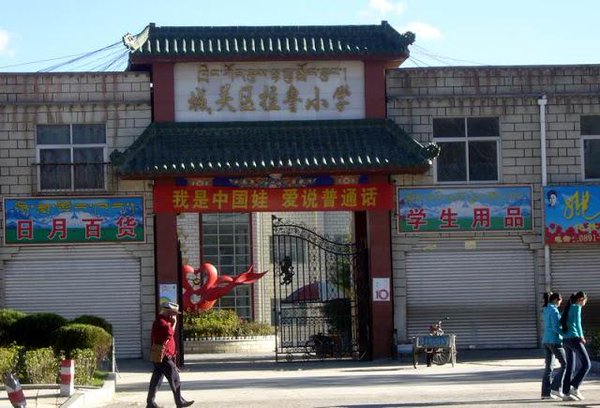

In keeping with its assimilationist policy, Chinese authorities have recently introduced mathematics textbooks in Chinese language in a number of primary schools to gradually replace the Tibetan version in Tibet Autonomous Region (TAR).
Recent media reports exposed steps taken by the TAR education department to introduce Chinese language mathematics textbooks for Tibetan primary school children that have caused deep concern among educated Tibetans some of whom have expressed their concern in writing on online platforms.
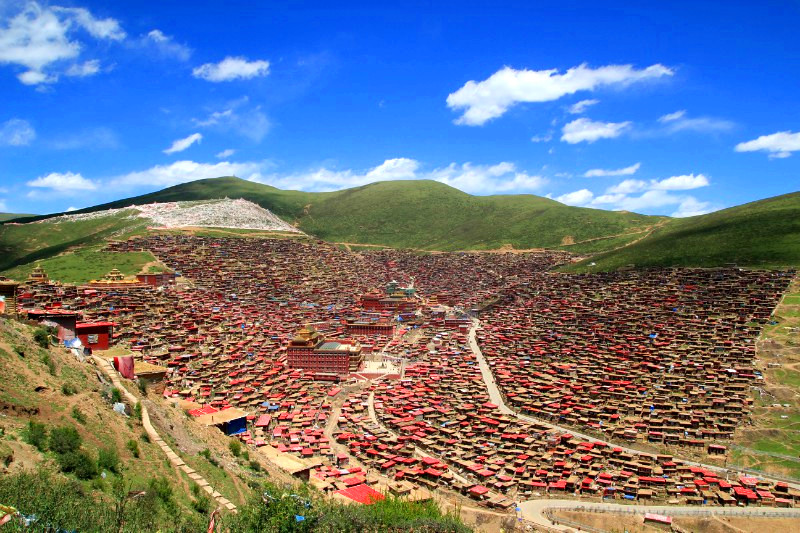

Chinese authorities have announced the destruction of thousands of monastic dwellings and expulsion of monks, nuns and lay practitioners at Serthar Larung Gar Buddhist Institute, the famed Tibetan Buddhist religious encampment located in Serthar (Ch: Seda) County in Kardze (Ch: Ganzi) Tibetan Autonomous Prefecture, Sichuan Province, in eastern Tibet.
An eight-point document issued by the Chinese authorities spells out the step-by-step guide to demolishing housing facilities of thousands of monks, nuns and lay practitioners and their expulsion, so as to reduce the number of residents to government-set ceiling of 5000. Citing the decisions taken at the Sixth Tibet Work Forum Conference and the Second National Work Conference on Religion, the document stated that the demolition order was aimed at proper regulation and management of Larung Gar Buddhist institute. Mainly prefecture-level departments under the direction of mostly Han Chinese officials would carry out the demolition order.


When Wang Yi, the foreign minister of People’s Republic of China (PRC), was asked a question about human rights and a Canadian citizen who has been detained since 2014, the foreign minister responded aggressively and dismissed criticisms of the PRC as “prejudiced” and “unacceptable.” He then asserted that the PRC and the Chinese people are in the best position to assess human rights. As criticism over the minister’s response grew, a Chinese language webpage, 51.ca, published an interview with Ontario Minister Michael Chan. The interview echoed and fleshed out the points made by Wang Yi.
